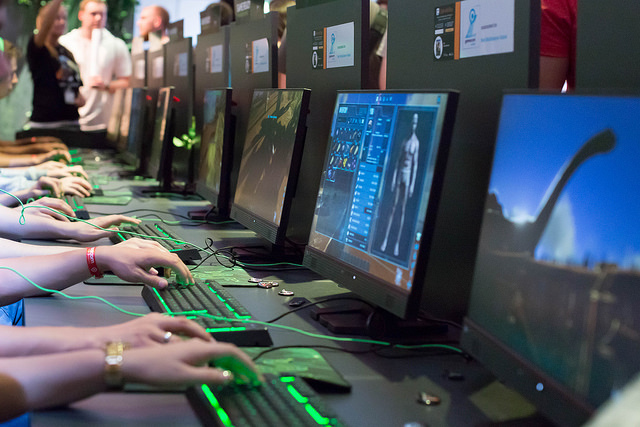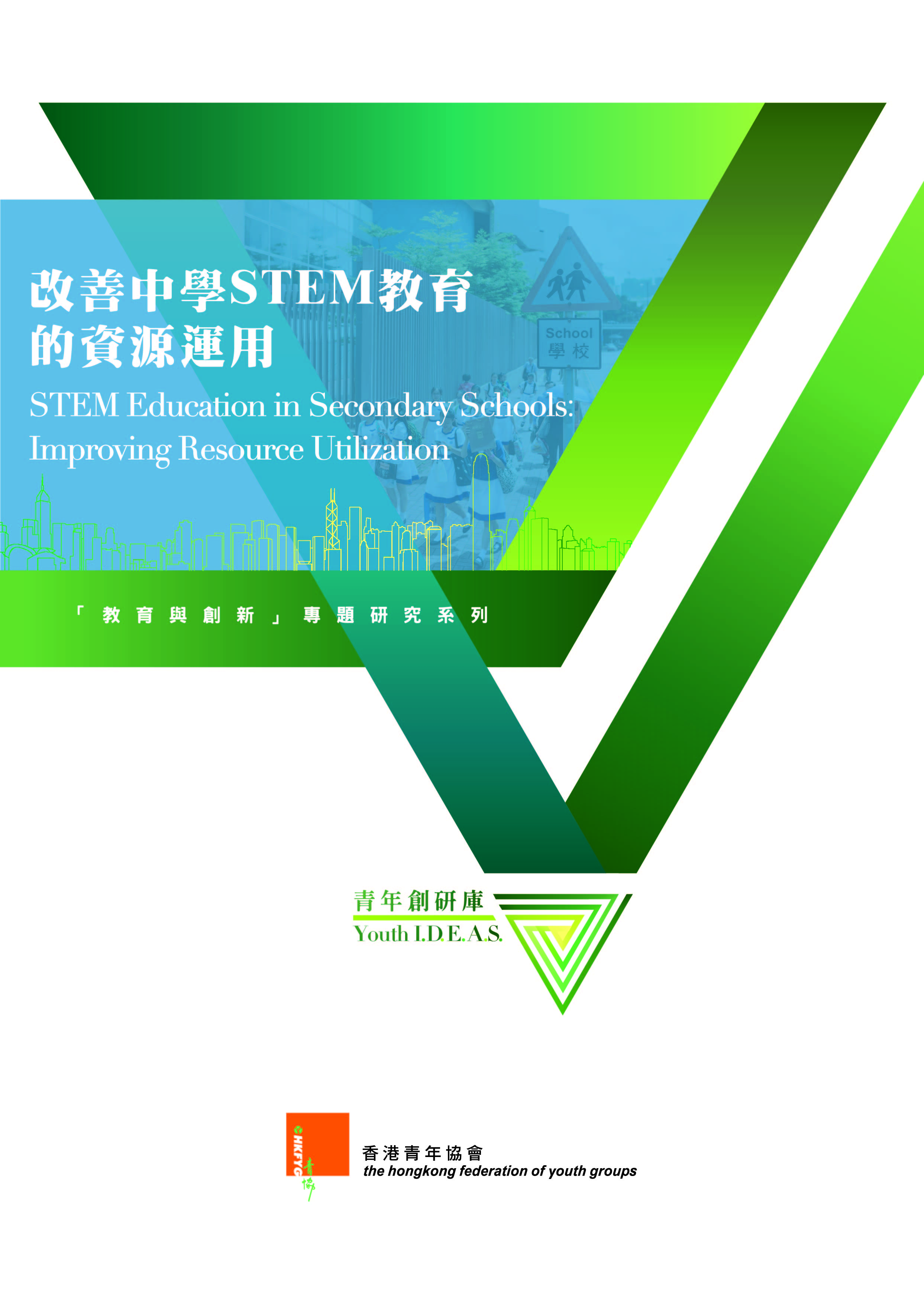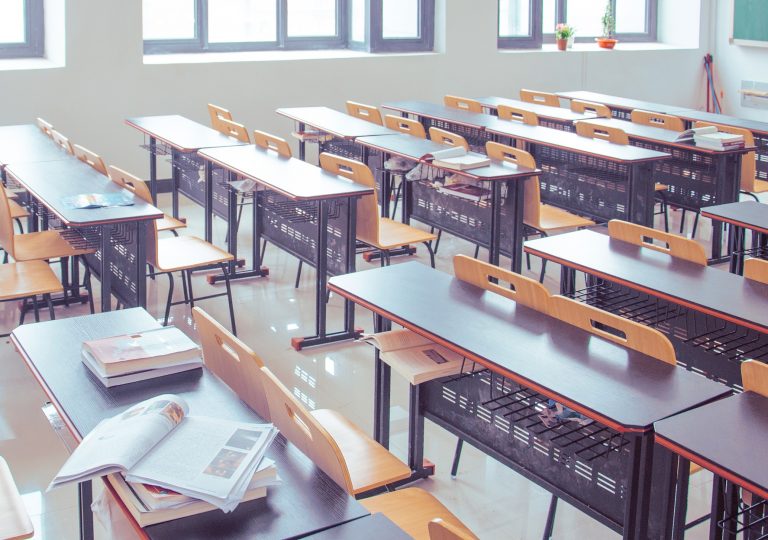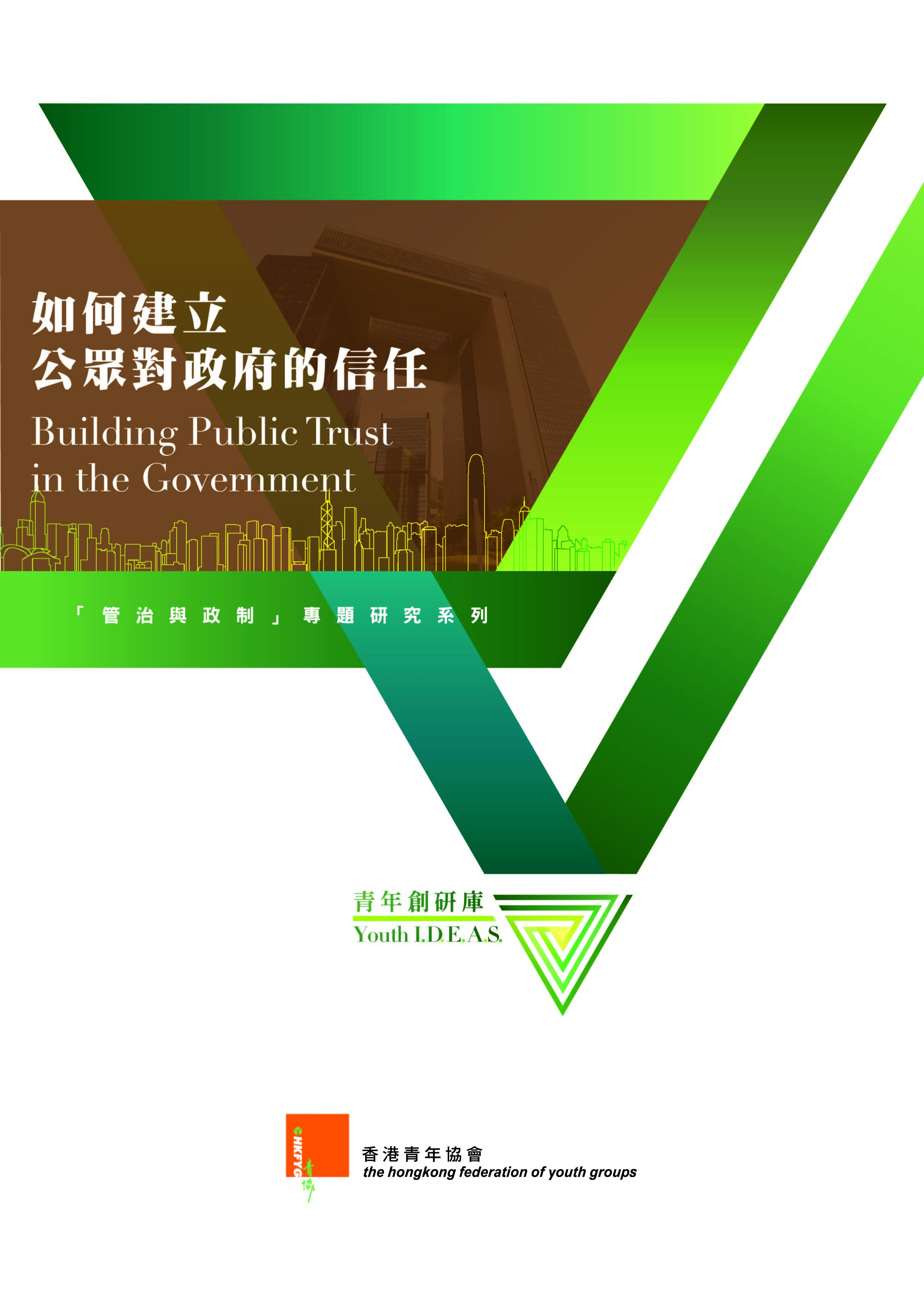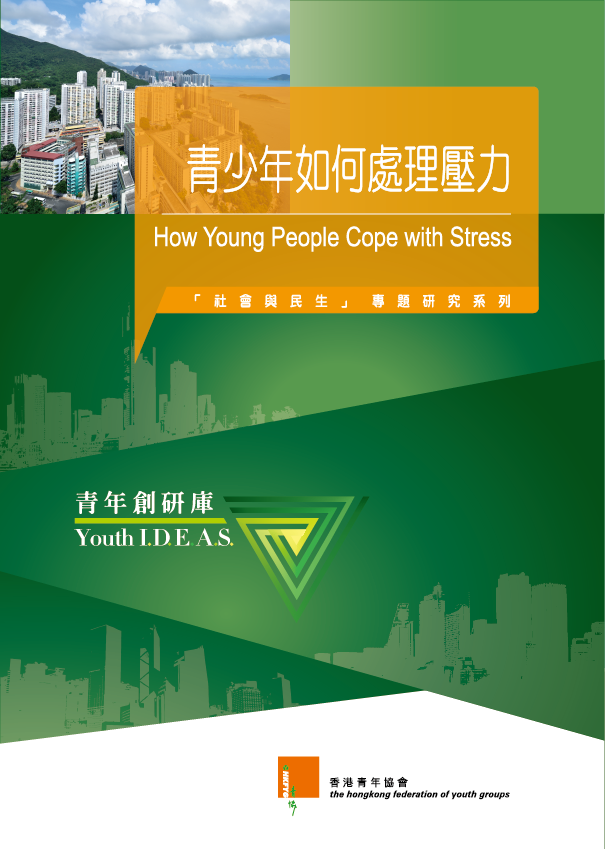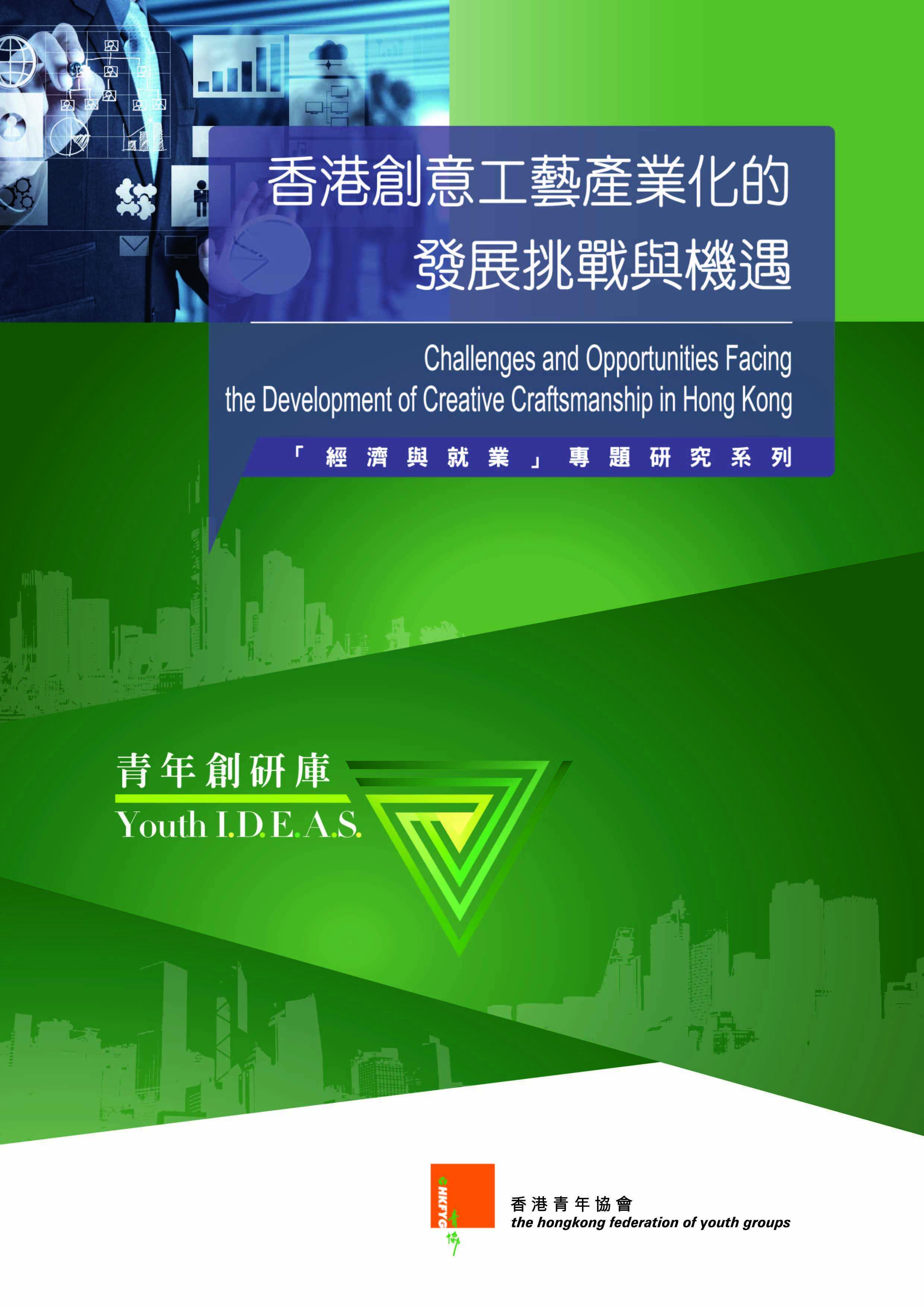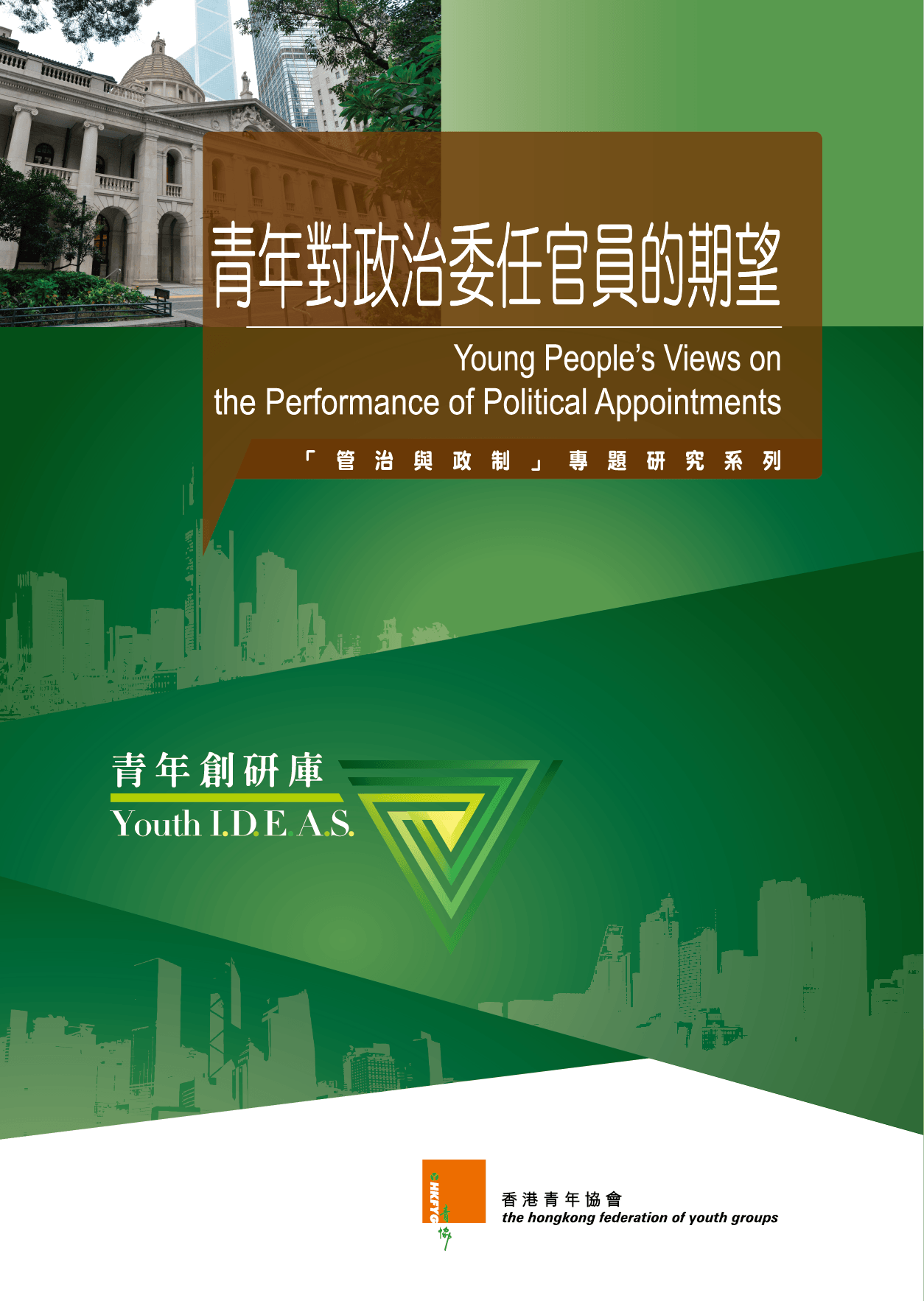- Filter by
- Categories
- Tags
- Authors
- Show all
- All
- Beijing-Shanghai-Guangzhou-Hong Kong Comparative Youth Study Series
- Current Youth Issues - Full Report
- Education and Innovation
- Employment and the Economy
- Journal of Youth Studies - Issue Number
- Latest Events
- Latest News
- Liberal Studies - Research Articles
- Society and Livelihood
- Thematic Issues
- Uncategorized
- Youth Development and Engagement
- youth poll major findings
- Youth Study - Major Findings
- Youth Trends - Year
January 30, 2018
January 30, 2018
Youth I.D.E.A.S. 27 Employment and Economic Development e-Sports in Hong Kong 30 January, 2018 e-Sports consists of organised video game competitions that include elements of both video game and sports. It is a popular activity among young people today. Participants may watch or take part in competitions. According the to the Global e-Sports market report, the global e-Sports audience has reached 385 million in 2017 and will reach 589 million in 2020[1]. The Olympic Council of Asia has also announced that e-Sports will become a medal event in the 2022 Hangzhou Asian Games[2]. Because of its […]
Do you like it?
January 14, 2018
January 14, 2018
The Youth I.D.E.A.S. announced its latest report on STEM Education in Secondary Schools: Improving Resource Utilization In the study, completed questionnaires were retrieved from 105 Hong Kong local secondary schools, which provide a fuller picture of the development of STEM education in secondary schools and the relevant resource usage. 9 secondary schools with remarkable practices were invited to participate in our case study, and 8 major strategies were therefore identified for resources utilization in promoting STEM education in secondary schools. An integrated analysis on the expert/scholar interviews and overseas case study on the US, Singapore and Estonia were […]
Do you like it?
January 14, 2018
January 14, 2018
Youth I.D.E.A.S. 26 Education and Innovation STEM Education in Secondary Schools : Improving Resource Utilization 14 January, 2018 STEM is an acronym for Science, Technology, Engineering and Education; STEM education refers to the multidisciplinary teaching of these subjects. STEM education emphasises helping students cultivate innovative mindsets, developing interests in these subjects as well as enhancing their creativity, problem-solving skills, logical thinking and capability to engage in collaboration. Believing that STEM education can help nurture talent and maintain national competitiveness, many countries have stressed the importance of STEM education in recent years. The 2015 Trends in International Mathematics […]
Do you like it?
December 21, 2017
December 21, 2017
Youth I.D.E.A.S. 25 Governance and Constitutional Development Building Public Trust in the Government 21 December, 2017 Trust is a precious resource in facilitating interactions among people in any kind of society, including those between the government and its people. It is also a major concern when it comes to good governance. Yet, when looking around the world, challenges to the mutual trust between the government and the public are common. An international survey noted that in 21 out of the 28 countries or areas polled in the survey, people’s trust in government was rated under 50%[1]. In […]
Do you like it?
December 21, 2017
December 21, 2017
The Youth I.D.E.A.S. announced its latest report on Building Public Trust in the Government An onsite survey in early last month on 525 young people aged 15 – 34 noted that up to 80% (79.1%) of respondents said the lack of mutual trust between the administration and the public was a major obstacle to policy implementation. Thirty-five (35%) believed the greatest meaning of trust it has is its potential to facilitate policy implementation. Yet, 70.8% felt that the SAR Government did not trust young people. Sixty-three percent (63.4%) said that they did not trust the SAR Government. […]
Do you like it?
May 31, 2017
May 31, 2017
The Youth I.D.E.A.S. announced its latest report on How Young People Cope with Stress The Youth I.D.E.A.S. (established by HKFYG Youth Research Centre) has released its study on “How Young People Cope with Stress”. Data gathered from 520 Hong Kong young people via a territory-wide random sampling telephone survey aged 12-29 showed that more than 60% of respondents indicated 6 points or above on a 0-10 scale (10 denoted the highest level level) when asked to rate the level of stress that they were facing. Over 20% even said that their level reached 8 to 10 points. The average […]
Do you like it?
April 28, 2017
April 28, 2017
The Youth I.D.E.A.S. announced its latest report on Challenges and Opportunities Facing the Development of Creative Craftsmanship in Hong Kong The Youth I.D.E.A.S. (established by HKFYG Youth Research Centre) has released its study on “Challenges and Opportunities Facing the Development of Creative Craftsmanship in Hong Kong”. Data gathered from 520 Hong Kong Residents aged 18 or above showed that 28.2% thought the most disadvantage condition for craftsmanship development is the short of talents, 23.0% thought it is the short of space. Some young creative craftsman cases revealed that space is the most significant problem in craft production. There are also […]
Do you like it?
March 28, 2017
March 28, 2017
The Youth I.D.E.A.S. announced its latest report on STEM Education in Primary Schools A questionnaire survey on 520 P.4 to P.6 senior primary school students noted that 40.8% were not familiar with STEM Education. Respondents tend to believe that their creativity and problem solving skill were slightly above average, they scored 5.95 and 5.79 respectively (0-10 scale, 10 indicates extremely good ). Primary Students polled did not participate in any kinds of STEM learning activity because they have too many assignments (49.8%), the classes are too costly (36.2%) and do not have passion for related subjects (36.0%). […]
Do you like it?
February 28, 2017
February 28, 2017
The Youth I.D.E.A.S. announced its latest report on Young People’s Views on the Performance of Political Appointments A territory-wide telephone survey on 532 young people aged 15 – 34 noted that more than half of them expected the Principal Officials under the Political Appointment System could have the abilities to grasp public opinions (57.7%), or with accountability spirit (55.2%). Yet, some 65% (64.8%) of the respondents did not think that they trusted the Principal Officials. Regarding the biggest problem of the System, 43.9% of the respondents said that there was a lack of a mechanism in monitoring […]
Do you like it?


